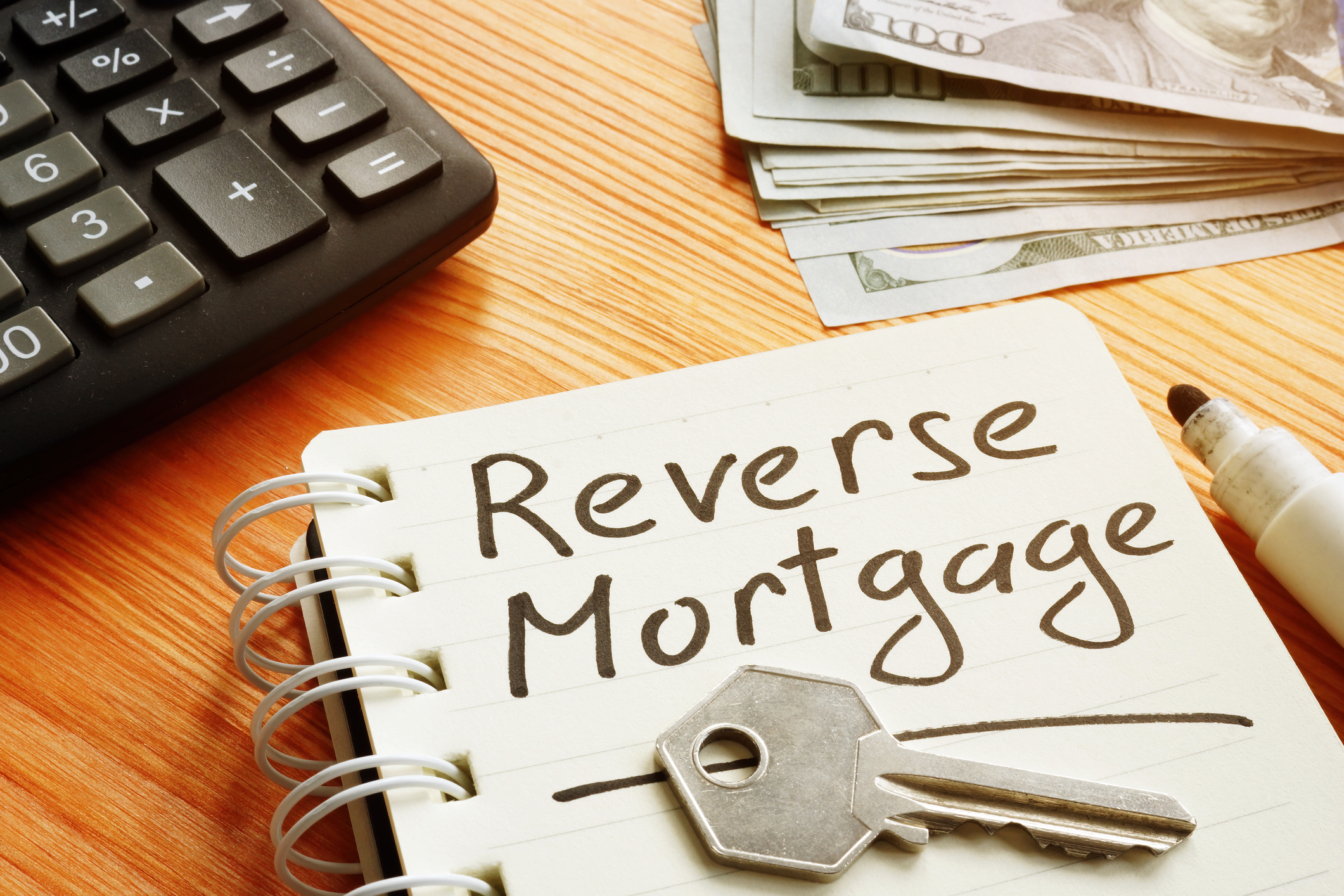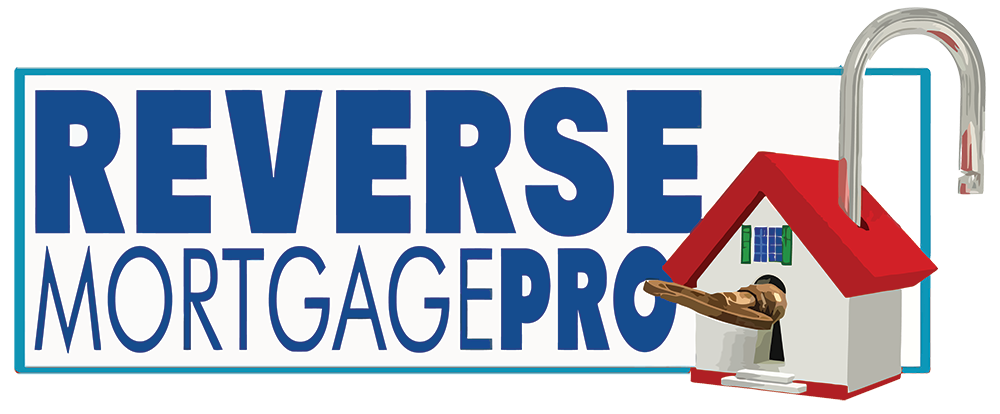Unlock Financial Freedom: Your Overview to Getting a Reverse Mortgage
Recognizing the complexities of reverse mortgages is essential for property owners aged 62 and older seeking economic liberty. This one-of-a-kind financial instrument allows elders to utilize their home equity, transforming it into obtainable cash money for various requirements, from health care to way of life improvements. Nevertheless, navigating the qualification expenses, benefits, and requirements can be complex. As you consider this choice, it is vital to understand not just just how it works yet also the implications it may carry your financial future. What are the key elements you should evaluate prior to making such an impactful decision?
What Is a Reverse Mortgage?

The basic charm of a reverse home loan depends on its potential to improve monetary flexibility throughout retired life. House owners can make use of the funds for various purposes, consisting of medical expenditures, home improvements, or daily living prices, therefore offering a safeguard throughout a critical point of life.
It is necessary to recognize that while a reverse home mortgage enables for raised money circulation, it also decreases the equity in the home gradually. As rate of interest collects on the outstanding funding equilibrium, it is crucial for possible customers to carefully consider their long-term economic plans. Consulting with an economic advisor or a reverse home loan expert can give beneficial insights right into whether this choice straightens with a person's monetary goals and circumstances.
Qualification Demands
Comprehending the qualification needs for a reverse mortgage is essential for property owners considering this economic alternative. To qualify, candidates have to be at least 62 years old, as this age requirement permits seniors to access home equity without monthly home mortgage payments. Furthermore, the property owner must occupy the residence as their key house, which can consist of single-family homes, specific condominiums, and manufactured homes satisfying specific guidelines.
Equity in the home is one more necessary requirement; house owners typically need to have a significant amount of equity, which can be established with an evaluation. The quantity of equity readily available will straight influence the reverse home mortgage amount. Candidates should show the capability to preserve the home, including covering home taxes, house owners insurance, and maintenance costs, guaranteeing the residential property remains in good problem.
Additionally, prospective borrowers need to go through an economic assessment to evaluate their revenue, credit rating, and total economic scenario. This analysis helps lenders establish the candidate's capability to fulfill continuous commitments connected to the property. Satisfying these needs is vital for securing a reverse home loan and guaranteeing a smooth financial change.
Benefits of Reverse Home Loans
Various benefits make reverse home loans an attractive option for senior citizens wanting to enhance their financial adaptability. purchase reverse mortgage. Among the main advantages is the ability to convert home equity right into cash without the requirement for monthly home loan payments. This function enables senior citizens to access funds for various demands, such as clinical expenses, home renovations, or daily living prices, thus alleviating monetary stress and anxiety
Furthermore, reverse home loans supply a safety and security internet; seniors can continue to stay in their homes for as long as they meet the lending go to this website demands, cultivating stability during retirement. The profits from a reverse mortgage can also be utilized to postpone Social Safety benefits, potentially leading to greater payouts later on.
In addition, reverse home loans are non-recourse car loans, suggesting that debtors will never ever owe more than the home's worth at the time of sale, securing them and their heirs from economic liability. Lastly, the funds received from a reverse mortgage are usually tax-free, adding another layer of financial alleviation. In general, these benefits placement reverse mortgages as a functional option for elders seeking to boost their financial scenario while maintaining their cherished home environment.

Fees and expenses Included
When taking into consideration a reverse home loan, it's vital to understand the various prices and costs that can impact the overall monetary photo. Understanding these costs is important for making an educated decision about whether this economic item is right for you.
Among the primary prices connected with a reverse mortgage is the origination fee, which can vary by loan provider however typically ranges from 0.5% to 2% of the home's appraised worth. Furthermore, home owners must expect closing prices, which may consist of title insurance, assessment fees, and credit history report fees, usually totaling up to several thousand bucks.
One more significant expense is mortgage insurance premiums (MIP), which secure the lending institution against losses. This fee is normally 2% of the home's worth at closing, with a continuous yearly costs of 0.5% informative post of the continuing to be funding equilibrium.
Last but not least, it's vital to consider continuous expenses, such as real estate tax, house owner's insurance policy, and upkeep, as the debtor continues to be liable for these expenditures. By carefully evaluating these costs and fees, home owners can better assess the financial implications of seeking a reverse home loan.
Steps to Get Going
Getting started with a reverse home mortgage entails numerous vital steps that can help simplify the process and guarantee you make informed choices. Evaluate your financial circumstance and figure out if a reverse home loan aligns with your lasting objectives. This consists of reviewing your home equity, existing financial debts, and the necessity for additional revenue.
Following, research various lenders and their offerings. Look for trustworthy institutions with positive evaluations, transparent fee frameworks, and competitive rates of interest. It's vital to contrast conditions and terms to locate the finest fit for your requirements.
After choosing a lender, you'll require to finish a detailed application procedure, which commonly needs documentation of revenue, assets, and residential property details. Take part in a therapy session with a HUD-approved counselor, that will give understandings right into the effects and duties of a reverse home loan.
Conclusion
To conclude, reverse home loans present a viable option for elders looking for to boost their financial stability during retired life. By transforming home equity into available funds, property owners aged 62 and older can address numerous financial requirements without the stress of regular monthly settlements. Recognizing the intricacies of qualification, advantages, and linked costs is necessary for making notified find out decisions. Mindful factor to consider and preparation can lead to improved lifestyle, making sure that retired life years are both safe and secure and meeting.
Understanding the ins and outs of reverse home mortgages is crucial for homeowners aged 62 and older looking for economic liberty.A reverse mortgage is a monetary product created mainly for property owners aged 62 and older, allowing them to convert a section of their home equity into cash - purchase reverse mortgage. Consulting with an economic expert or a reverse home mortgage professional can offer important insights into whether this choice aligns with a person's financial goals and scenarios
In addition, reverse home mortgages are non-recourse fundings, meaning that debtors will never owe even more than the home's value at the time of sale, safeguarding them and their beneficiaries from monetary obligation. Overall, these benefits placement reverse home loans as a practical solution for senior citizens looking for to enhance their financial scenario while keeping their cherished home setting.